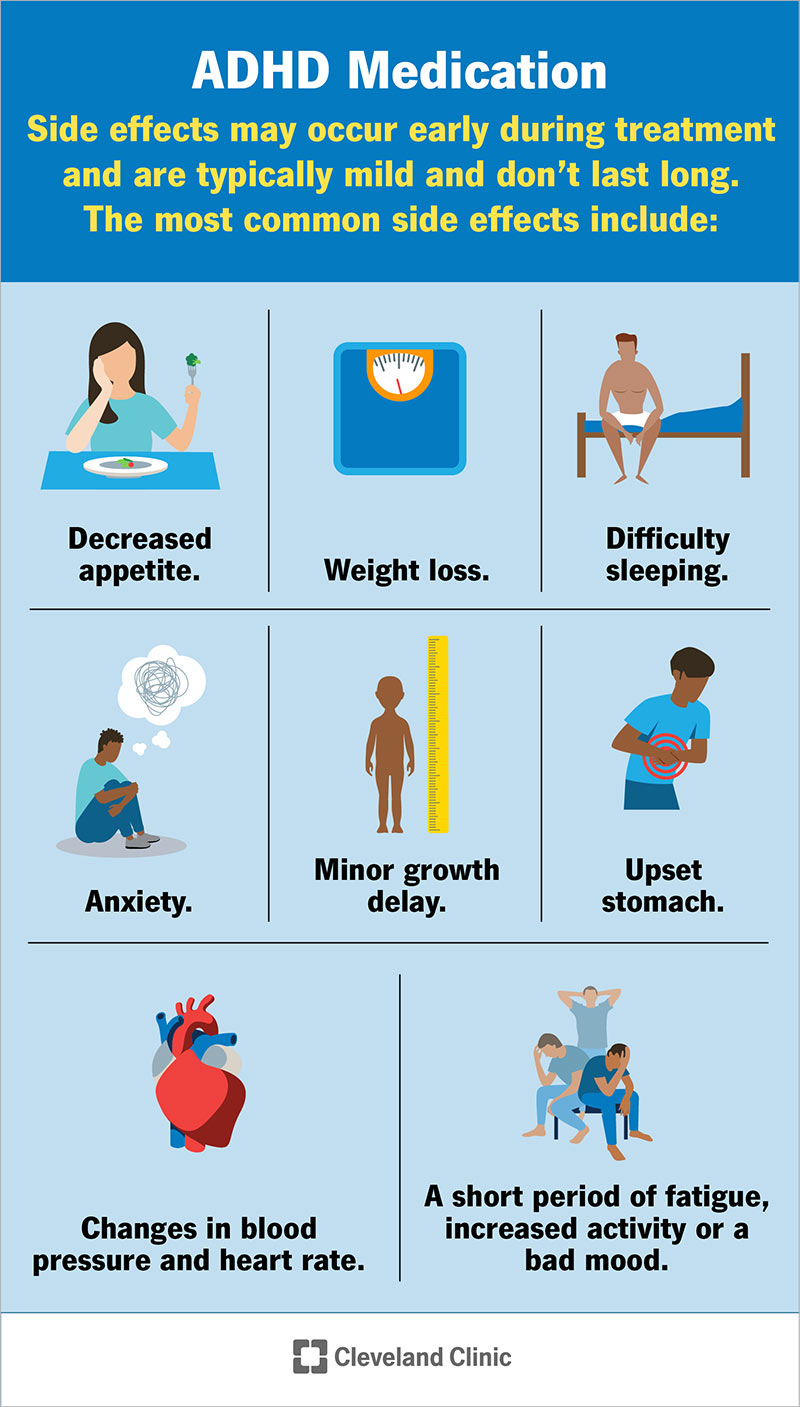Therapist for ADHD Professionals Focusing on Targeted Care
Your Overview to Discovering the Right ADHD Treatment for Long-term Outcomes
Navigating the intricacies of ADHD therapy calls for a nuanced understanding of both the condition and the myriad choices available for reliable monitoring. It is essential to recognize that what works for one person might not always yield the same results for an additional.
Recognizing ADHD and Its Effect

In adults, ADHD can bring about obstacles in work environment environments, impacting efficiency, time monitoring, and social partnerships. Typically, undiagnosed or improperly handled ADHD can add to co-occurring mental health problems, such as stress and anxiety and anxiety, further complicating an individual's overall wellness.
The social perception of ADHD can differ, resulting in stigma and misunderstanding, which might prevent people from looking for help. As understanding grows, it is important to promote an atmosphere that promotes understanding and assistance for those affected by ADHD, stressing the requirement for precise diagnosis and customized approaches to alleviate its influence on everyday life.
Overview of Treatment Choices
A thorough technique to dealing with ADHD encompasses a selection of choices customized to the person's distinct requirements. These choices can broadly be classified into behavior interventions, psychoeducation, and way of living modifications, along with medicinal treatments that might be explored later on.
Behavioral interventions, such as cognitive-behavioral therapy (CBT), concentrate on changing specific habits and developing coping methods to take care of signs properly. Psychoeducation plays an important role in equipping both people and their households by offering information concerning ADHD, its difficulties, and efficient approaches for support.
Way of living modifications can substantially impact ADHD administration. Normal exercise, a well balanced diet plan, and adequate sleep add to overall well-being and sign control. Mindfulness methods and relaxation techniques can likewise enhance focus and decrease impulsivity.
Support teams and family therapy can promote a feeling of community and understanding, aiding individuals really feel less separated in their experiences. Each treatment option must be considered combined with the individual's choices and situations, ensuring an alternative technique that promotes long-lasting success. Eventually, the goal is to produce a customized treatment plan that deals with the details obstacles connected with ADHD while improving total lifestyle.
Medicine: Pros and Disadvantages
Drug plays an essential function in the therapy of ADHD, with various options readily available that can significantly reduce symptoms for numerous people. Energizers, such as methylphenidate and amphetamines, are typically prescribed and have actually shown efficiency in boosting emphasis, lowering impulsivity, and improving general actions. These medicines work by boosting dopamine and norepinephrine levels in the mind, which are usually dysregulated in those with ADHD.
Nevertheless, making use of medication is not without its difficulties. Some people might experience side impacts, consisting of sleep problems, lowered cravings, or raised anxiety. Finding the appropriate dose can be a trial-and-error process, requiring close tracking by health care professionals. In addition, not all individuals respond to energizer medicines, leading some to check out non-stimulant alternatives, which might have a delayed start of action or different negative effects.
It is essential for people and their family members to consider these click this benefits and drawbacks carefully. Stabilizing the advantages of sign management against possible adverse effects is important for achieving ideal therapy end results. Cooperation with medical care providers can assist in enlightened decisions, making sure that medicine is part of a thorough ADHD administration plan.
Behavior Modification Techniques

One generally utilized method is Cognitive Behavior modification (CBT), which important source helps people determine and transform unfavorable thought patterns that add to ADHD-related obstacles. Therapist for ADHD. Via CBT, clients find out to set practical goals, take care of time efficiently, and establish organizational systems
An additional effective strategy is Moms and dad Management Training (PMT), which informs parents on how to enhance positive actions and minimize unfavorable ones through consistent discipline and interaction strategies. This technique cultivates a helpful home atmosphere that encourages behavioral enhancements.
Social abilities training is also important, helping individuals with ADHD browse social communications much more efficiently. Role-playing and modeling ideal behaviors can improve social capability and decrease stress and anxiety in social circumstances.
Way Of Life Modifications for Better Monitoring
Just how can way of living changes dramatically enhance the administration of ADHD symptoms? Executing click for source tactical way of life adjustments can result in significant renovations in focus, organization, and emotional regulation for individuals with ADHD.
First of all, developing a structured daily routine aids in developing predictability, which can minimize feelings of bewilder. Constant schedules for meals, research, and rest can improve daily functioning.
Integrating normal exercise is likewise crucial, as exercise has been revealed to enhance dopamine levels, enhancing attention and motivation (Therapist for ADHD). Intending for at the very least thirty minutes of modest workout most days can be beneficial
Nutrition plays an essential duty too. A balanced diet plan rich in omega-3 fatty acids, whole grains, and protein can support cognitive feature. Limiting processed sugars and caffeine may minimize signs and symptoms, as these can bring about power crashes and irritability.
Conclusion
In conclusion, discovering the ideal ADHD therapy requires a diverse approach that thinks about individual demands and preferences. Partnership with health care specialists and open communication with support networks are important parts in navigating the complexities of ADHD administration, inevitably leading to enduring outcomes and boosted quality of life.